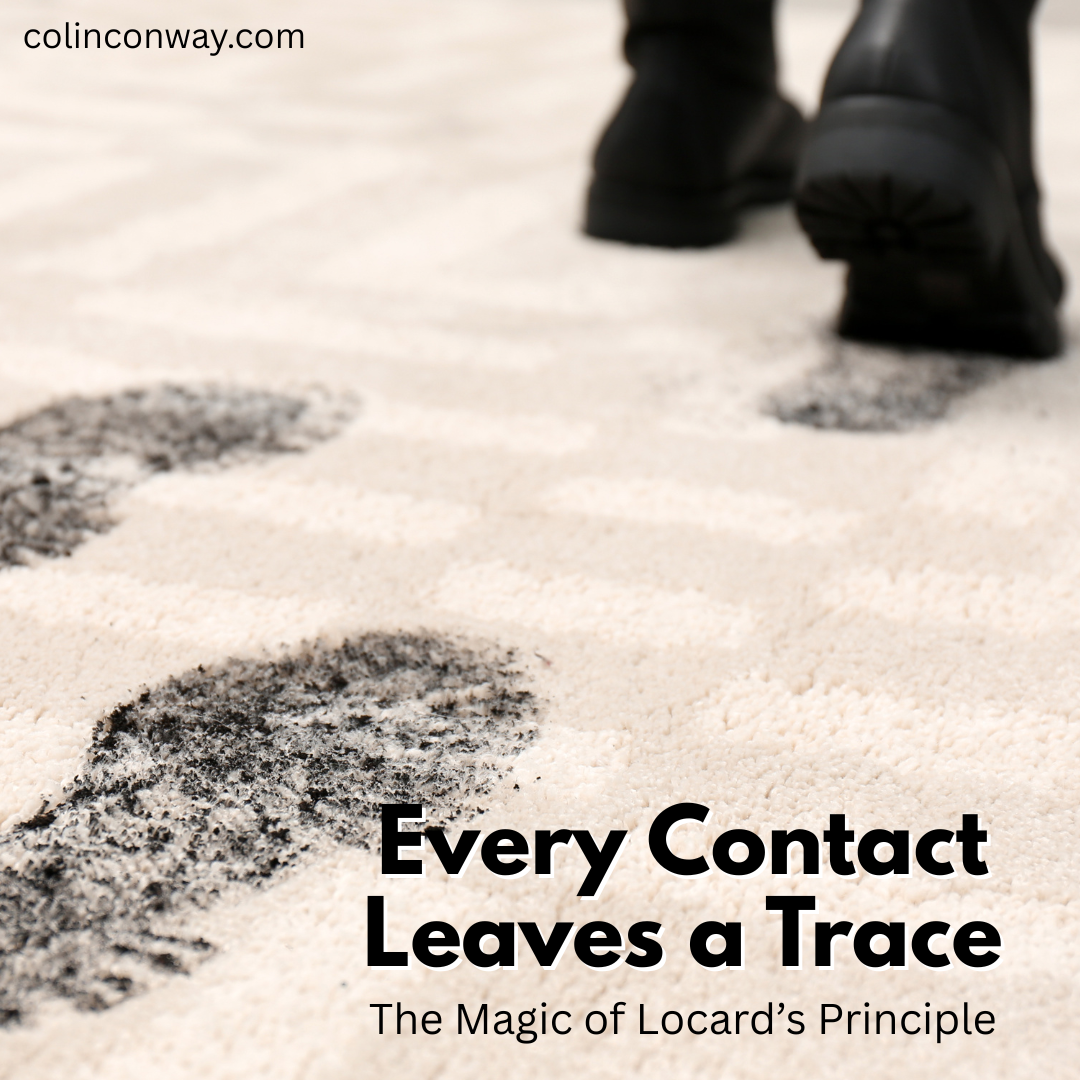Writers and Other Scoundrels #2 - Gabriel Valjan
I’m inviting some folks in the fiction business to take over the blog on the third Saturday of each month. The only rule: they can’t talk about their books or their job in the biz. Hopefully, we all learn something new about them. This week’s guest is crime fiction author Gabriel Valjan. You’ll find a short bio about Gabriel at the end of this post. - Colin
I write crime fiction, though I tell everyone that I write history that includes a crime. History, for me, is a textbook of crimes, a record of Winners and Losers. Literary fiction might be nice and the story universal, but I prefer the streets because they are real.
Let’s be honest: we are a violent society. Crime is our national story and birthright. The colonist went west and became the cowboy; the cowboy became the gangster, who became the politician. Machiavellian principles of power prevailed. Politics is the devil’s chessboard of compromises, of using deceit to keep people divided and pitted against each other. The most telling line in The Godfather wasn’t, “It’s not personal, it’s strictly business,” it’s Michael’s answer to Kay’s statement, “Senators and president don’t have men killed.”
My Shane Cleary mysteries take place in 70s Boston. It’s familiar territory to fans of the City on the Hill. Readers can point to Eddie Coyle, to Spenser, to Kenzie and Malone. Conversations and conferences, however, remind me that some readers don’t know Boston, or its dark history. Boston was the last city in America to desegregate schools and public housing.
We don’t know our own history. The 70s have been reduced to rote clichés: it’s the Me Decade; cults flourished; serial killers lurked; disco sucked; it was single-parent homes and latchkey kids; and movies were either about conspiracies or natural disasters.
The era was more noir than that.
The 70s was where the idealism of the 60s went to die. Skepticism had turned into cynicism. We’d been defeated in Vietnam. We refused to see the Iranian Islamist Revolution and the Hostage Crisis as the consequence of our government supporting the authoritarian rule of the Pahlavi dynasty because oil interests mattered more. Nixon lied. Cities were bankrupt. The federal government told them that it wasn’t in the business of handouts. There was inflation, stagflation, and recession. Bowie’s song “Young Americans” is one vignette of despair after another.
There was gallows humor. We’ve forgotten President Carter’s mother Miss Lillian’s solution to the Iranian hostage crisis. She said that if she had a million dollars she would pay someone to kill Ayatollah Khomeini. Nobody blinked.
I was a child during the 70s. Corruption was systemic. I witnessed it. Cops walked out of shops in New York’s Garment District with armfuls of merchandise as payment for protection. Cartons of cigarettes, clothes, and electronics were known to ‘fall off a truck.’ Contrary to what people see in the movies, business owners went to the local mobster because City Hall either ignored them or civil servants were shaking them down for permits and licenses.
James L’Etoile called me “the godfather of organized crime fiction.” I’ll take the compliment but I believe that honor belongs to Nicholas Pileggi. I think what Jim meant was that I convey a certain slice of history, of time and place well. I don’t serve up the familiar tropes. In the Shane series, the bad guys are not always bad, or the good guys good.
Though I write about Boston, I’m a transplant. The montage of Redford on his bike in Three Days of the Condor is the New York I remember. The streets were dirty, the place stank, and people were feral. Surreal now, but it was commonplace then to step over numerous bodies while walking through the Bowery. A subway ride could easily have turned into a scene from the movie Death Wish. Beat cops turned a blind eye to drug deals in plain sight in Central Park, Chelsea, and Washington Square.
When you’re a kid, you don’t judge. Childhood is the baseline, the point of reference for the complexities of life that come later. If I’m nostalgic, it’s for honesty. People then would tell you what they thought of you, why, and then tell you in colorful terms what you could do with yourself. You shrugged it off and moved on. Like Michael Corleone said, it was never personal. Today, people are very preoccupied with labels, rules of engagement, and not hurting each other’s feelings. It’s like arguing about which knives and forks to use at the dinner table while someone steals dinner.
I spent almost every weekend of the Seventies and early Eighties in ‘The City.’ I’d frequented all the restaurants in Manhattan, especially in Little Italy, to the point that I knew the staff, and they knew me. Recall the nightclub scene in Goodfellas? It was like that. You met all kinds of people. It was fun. There was a certain camaraderie and, like the theme song from Cheers, everyone knew your name and said hello.
Author Gabriel Valjan
At Bouchercon Minneapolis, I recounted the time I delivered a pastry to a high-ranking mafioso. He was old, nondescript, and wore an outdated suit and oversized sunglasses, the kind Mr. Magoo would wear. I was nine or less, and it didn’t take a degree from the Ivy League to know that he was Cosa Nostra. He was old-school and low-key. If I had any sense of unease with him, it was that I was unable to see his eyes because of those sunglasses.
I’d seen things and I’d lived several lifetimes by the time I was 20. Right or wrong, for better or worse, it has shaped the way I see the world and people. When Frank Zafiro asked me to contribute a novella to the Grifter’s Song series, my Diamond Dogs introduced readers to a Newark of a bygone era. I may differ from my peers in crime fiction because I don’t see black and white. I don’t judge people because I don’t presume to know a person’s story. I see the good in the bad, and the bad in the good. I accept Ambiguity, which is why I write gray. Mr. B, the mafioso in the Shane series, is probably the most principled individual of all my characters.
Writing is about making choices. Crime fiction is metaphorical for life in America. Balzac said behind every fortune is a crime that was well executed and not discovered. Profanity is rare in my work, but it serves a purpose when it occurs. I’m not promiscuous with violence. I enjoy creating character arcs. My characters grow and change. Dialogue is often subtext. There is always something beneath the surface. Humor is integral in my work because it’s a coping mechanism, a defense strategy. It’s conducive to dealing with violence.
Everything I’ve written is about friendships. All my stories are one long dark love letter.
If there is anything autobiographical in the Shane Cleary series, it is this exchange between Tony and Shane in Liar’s Dice:
“You’re all kinds of secrets, aren’t you, Cleary?”
“Thought I was an open book if anybody bothered to read me.”
Gabriel Valjan is the author of the Roma Series, The Company Files, and the Shane Cleary Mysteries. He has been listed for the Fish Prize and Bridport Prizes, and received an Honorable Mention for the Nero Wolfe Black Orchid Novella Contest. Gabriel has been a finalist for the Agatha, Anthony, Derringer, a Silver Falchion, and received the 2021 Macavity Award for Best Short Story. Gabriel is a member of ITW, MWA, and Sisters in Crime. Learn more about him at gabrielvaljan.com.
LIAR’S DICE, out in March 2023 from Level Best Books, is the fourth Shane Cleary mystery.





